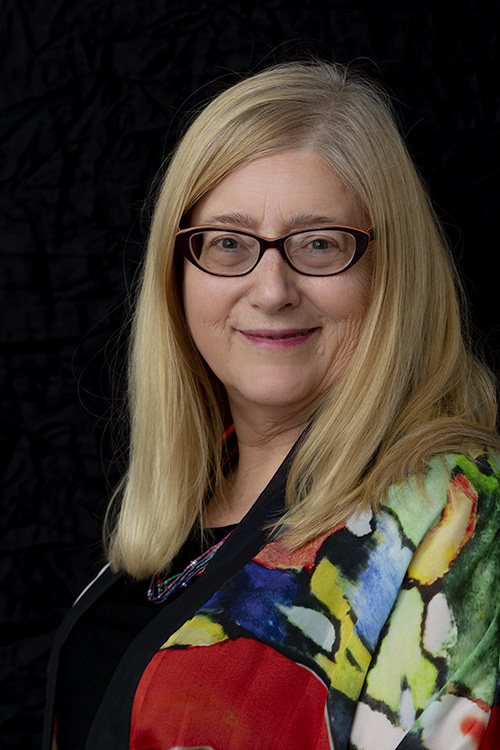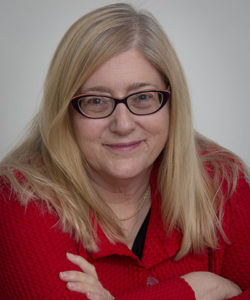Care and Feeding of Your Sexy Novel
Part One: Do You Need an Agent?
Let’s say you’ve played your way through a sexy first draft. Then you sailed through your edits, adding great material as needed, then carving away the nonessentials like a sculptor chiseling marble. You’ve sent your prize manuscript to beta readers, taken the best of their comments and passed on the ones that don’t serve your purpose. You have made a final check for grammatical and stylistic glitches. In other words, your manuscript is the best you can possibly make it. It’s a publisher-ready novel. Congratulations!
Do you think you’re finished? Dear writer, think again. It’s decision time.
Do you want an agent? Do you need one? Do you want a traditional publisher? Or do you want to go indie? How much work is involved on each of these pathways? And depending on which path you choose, how much money will you make?
Let’s take this step by step.
Do you want an agent?
A literary agent can use their contacts to find you a publisher. They can represent you in negotiations for an advance and a contract. They also have their own personal submission process and take a commission of about 15% of advances and royalties.
But do you need an agent? Do you want one? And if not, then what?
To answer these questions, let’s first look at the big picture of US publishing. It’s an ever-changing landscape, but here it is right now:
Big Picture: A Thumbnail of the US Publishing Universe in 2021
| Publishing Category | Examples | Where Located | Requires an Agent? | What These Publishers Do for You |
| Major Publishers | Penguin Random House, Simon & Schuster, HarperCollins, Macmillan, Hachette | New York City | Yes (although some have no-agent imprints, such as Penguin Random House Australia) | Pay an advance. Editing, cover design, publishing logistics, access to leading reviewers, publicity campaign, distribution to bookstores nationwide |
| Midrange Publishers | Beacon Press, Greywolf Press, Ten Speed Books, North Atlantic Books | Usually in major regional markets | Typically, they do not require an agent but will work with one | May give a smaller advance. Editing, cover design, publishing logistics, limited publicity, distribution |
| Small Publishers | City Lights Books, Press 53 | All over the country | No | Some editing; cover design, publishing logistics, distribution |
| Hybrid Publishers | SheWrites, IngramSpark | Various | No | Fee-based editing, cover design, publishing logistics, distribution |
| Self-Publishing | Many erotica books including my Erotic Pandemic Ball | Home based business | No | Do It Yourself and Hire Consultants as Needed |
As you can see from this chart, aside from the big New York publishers, an agent is not required. Here is more information on types of publisher and the type that might best suit you.
But an agent can add value. The bottom line is this:
The More You Do Yourself, The Bigger Your Piece of the Pie
If you get an advance, your agent will take a commission of 15%. Then they will take 15% of your royalties, until the end of time unless otherwise stipulated.
Let’s look at the numbers. For example, say you earn out your advance (that means, your royalties equal the advance you were given), and then your book earns $1000. How much are your royalties, after payment to your traditional publisher and agent?
| Revenues | $1000 |
| Publisher Takes 85% of Revenues | (850) |
| Royalties Before Agent Fees | $150 |
| Agent Takes 15% of Royalties | (22.50) |
| Net Author Royalties | $127.50 |
Yes But — How Big is the Revenue Pie, Depending on Which Route You Take?
How much value does an agent add and is it worth it?
The major New York publishers add value through larger advances, access to major reviewers and bigger publicity budgets. If you set your sights on one of those publishers, you will very likely need an agent. The exception is that some of the big New York publishers now have imprints where no agent is required.
For midsize publishers, an agent can increase your revenues by negotiating better terms. These terms include an advance and a slightly better royalty percentage. But as authors we can educate ourselves about the role of the agent and decide whether to act on our own behalf. If you are working with a small publisher, you’re likely to represent yourself.
For Which Types of Books is an Agent More or Less Helpful?
The conventional wisdom is that an agent may be less helpful for nonfiction, children’s literature, poetry, and short story collections.
Agents may be more helpful for more commercially viable projects, primarily novels. So if you’ve written an erotic romance or erotica novel with big market appeal (a la Erica Jong), you may benefit from using an agent.
What an Agent Does, And How You Can Do It Yourself
Finding a Publisher without an Agent
Whether you use an agent or not, much of the work of finding a publisher falls on you. That may include writing your own logline, tagline, and synopsis (there’s a template for these in the last blog in this series).
Tools and ideas to help you find the right publisher yourself include:
You input information about your book and the algorithm matches you with potential publishers from their list of over 7000 houses. For nonfiction writers, fiction writers and poets. Includes a submission tracker, in case you’re using this tool for multiple submissions (such as short stories to multiple outlets). $5/month or $50/year.
Editors at various publishing houses provide their contact information and tell exactly what types of books they want to see in their inboxes. Only a few say, “agented only.”
- Writer’s Guide, Writer’s Market, Literary Marketplace
These classic tools help writers get published and get paid for it. Used copies are cheap on Amazon. Some newer versions are published as eBooks.
- Networking
I found the publisher for Aphrodite’s Pen by chatting with their contract representative at a writing and art retreat. They asked for an email about the book; I never did write a formal proposal. Getting out there is important and will be ever more possible in the months ahead.
- Know Your Niche
If you are writing for a niche market like erotic romance or erotica, you can find publishers by looking inside published books related to yours. Also please see my blog for ideas.
Now What?
So you have found a publisher without using an agent.
Congratulations!
Now it’s time to do what the agent would have done: Negotiate.
For more on Care and Feeding of Your Sexy Novel stay tuned for my next blog that will build on this topic with tips and tools to negotiate the best deal, and then show you how to take your novel from manuscript to published book.



2 Responses
Thank you for supplying this information on publishing and agents.
This is valuable to a writer.
You’re so very welcome, Cheryl!